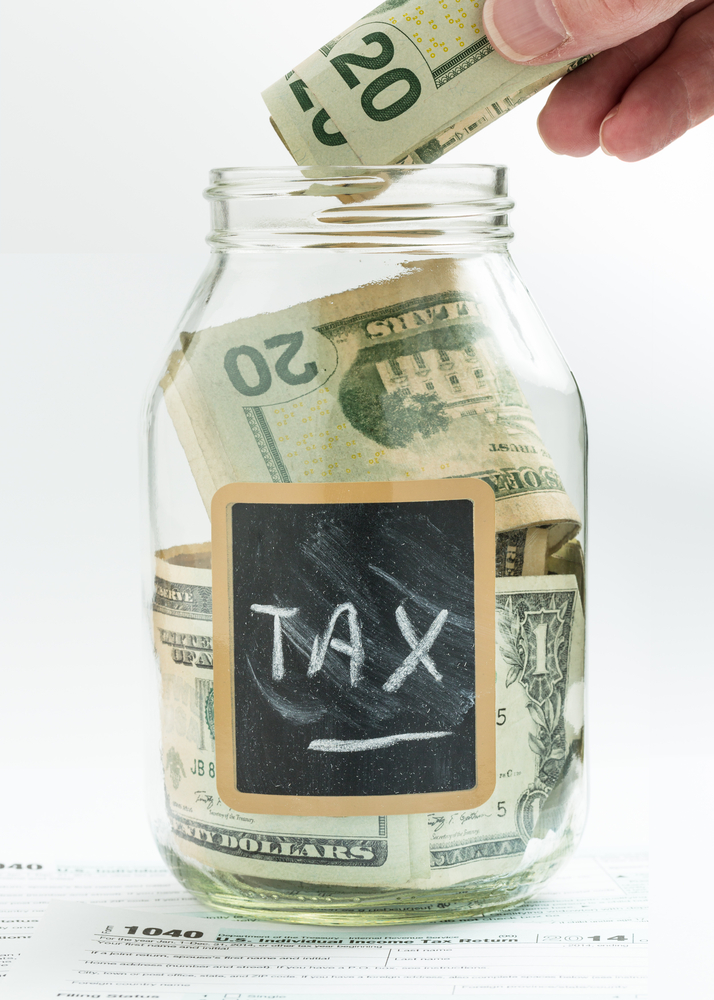Important Things to Know about Being on an IRS Payment Plan
- Apr 15, 2023
 When you’ve been laboring under the burden of tax debt for an extended period of time, finally receiving an IRS payment plan can feel like crossing a finish line. However, in reality, receiving that payment plan is just the beginning. You must continue to effectively manage that payment plan to ensure that you can get your debts settled and avoid future trouble with the IRS. Keep reading to learn what you need to know about being on an IRS payment plan.
When you’ve been laboring under the burden of tax debt for an extended period of time, finally receiving an IRS payment plan can feel like crossing a finish line. However, in reality, receiving that payment plan is just the beginning. You must continue to effectively manage that payment plan to ensure that you can get your debts settled and avoid future trouble with the IRS. Keep reading to learn what you need to know about being on an IRS payment plan.
You Continue to Accrue Interest
While being on a repayment plan will provide you with an easier way to manage your tax debt, just like any other debts you have, it will continue to accrue interest on a monthly basis until your debts are fully repaid. It’s important to plan for this and understand that the final amount you pay to the IRS will be higher than the initial debt amount you had when you received your repayment plan. However, keep in mind that those who are on a repayment plan for the first time may qualify to have fees and interest waived after their repayment plan is completed.
You Must File Future Taxes on Time
Throughout the course of your repayment plan, it’s incredibly important that you file and pay your future taxes on time. Failing to file or filing late can result in your repayment plan being rescinded, putting you right back where you started (with some additional penalties and fees related to your most recent tax return to deal with as well). As far as the IRS is concerned, you must be on your best behavior when it comes to filing and paying your future taxes, or else you could lose that tax relief program you fought so hard to get.
Your Tax Refunds Will Be Applied to the Debt
If you qualify for a tax refund on any of those future tax returns you file, you should expect the amount to be applied to your tax debt. While this can be disappointing if you were looking forward to the cash infusion to your bank account, keep in mind that this helps to reduce your debt more quickly, which will save you money on interest in the long run.
You Must Make Monthly Payments on Time
In addition to making sure that you file your future tax returns on time, it is also incredibly important that you make your monthly payments for your repayment program on time too. Defaulting on an IRS tax relief program doesn’t just result in added fees; it could mean losing your plan altogether. It’s usually best to set up automatic payments to the IRS on a monthly basis, so you don’t have to worry about remembering to submit your payment on time each month.
You Can Receive a One-Time Reprieve for Late Payments
With that being said, the IRS doesn’t necessarily have a one-strike rule. If you experience some additional financial hardship and can’t make one of your monthly payments, they may be able to provide you with a one-time reprieve for that month’s payment. This allows you to skip the payment for that month, and resume them again when the next month’s payment is due. However, you should never just assume that you can skip a payment. Always reach out to the IRS if you’re struggling with your monthly payment amounts; communicating openly with them is more likely to provide you with this reprieve, while simply skipping a payment will more likely cause you to default on your relief program.
Future Tax Debts Can Receive Payment Plans
If, when filing your future tax returns, you find yourself facing another large tax bill, it’s not unusual to feel a little bit of panic. You’re already on an IRS tax relief program; is it really possible to have this new debt included in that payment plan? While you can’t roll a new debt into your previous debt’s repayment program, it is possible to receive a new tax relief plan for future debts. You would have to go through the same process you followed to receive your first repayment plan, and await approval on it just as before. It is critical that your current repayment plan is in good standing if you hope to qualify for a secondary one.
If you’re struggling to receive the tax debt relief you need from the IRS, contact the IRS Advocates today. We’ll help you review your financials and apply for a tax debt repayment program that is best suited to your circumstances.
STOP THE IRS!
Settle for less & Protect your assets
Never Call the IRS without Speaking with our Pros First!